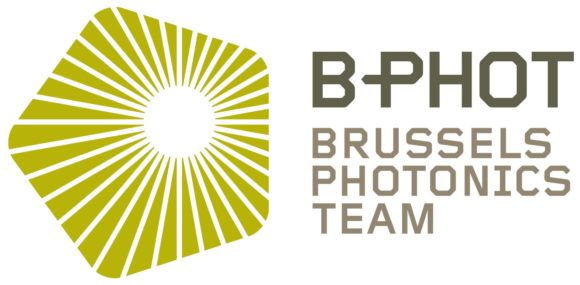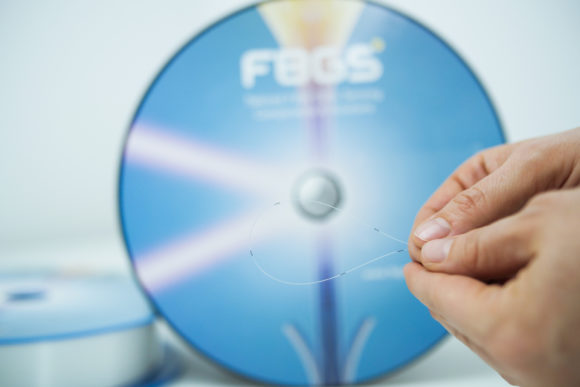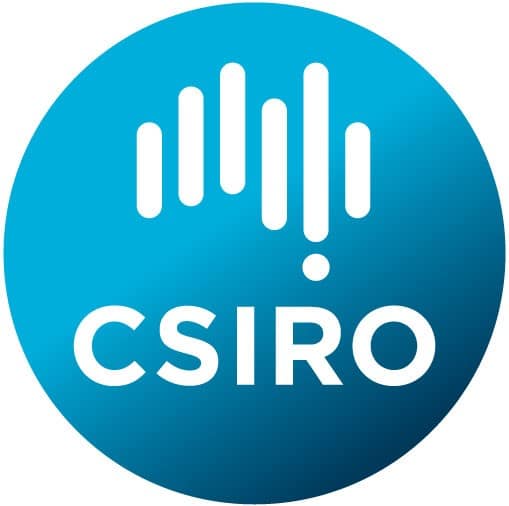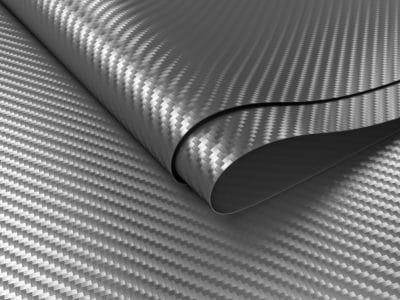
References
Over the years, FBGS has accumulated a wide variety of references from a variety of industries, including Medical, Transportation, Energy and Composite.
The benefits of Fiber Bragg Grating sensors such as small size, light weight, electromagnetic immunity and high sensitivity make them highly suited for use in many areas of robotic and non-robotic medical diagnosis and treatment.
Process industry applications are often within very noisy electrical environments, with power supplies, electric motors and other switching equipment located mostly in harsh environments. Due to the strong resistance of the glass, FBG sensors are perfectly suited for temperature and pressure measurement for process control in the petro- and pharmaceutical industry.
The opportunity to monitor structures and the ground on which they are standing over extended periods is used by engineers to measure the effects of load or environmental conditions. This might be for the purpose of design verification, to monitor natural aging processes or to measure the damaging effect of earthquakes.
As Fiber Bragg Grating sensors work through guiding optical signals in glass material, they are immune to any electromagnetic radiation and can additionally be used in explosive or corrosive environments to measure dynamic strain in flexible pipelines or temperature on high voltage power transmission windings.
FBG Sensors can make transportation easier, safer and more ‘intelligent’. By introducing FBGs as axle counting sensors in railways or as temperature sensors in airplane wings they eliminate all disadvantages of conventional electrical sensors.
The ability to embed fiber sensors within a composite material or on a composite material gives engineers scope to measure strain on components during manufacturing and use under varying environmental conditions.
Investigations during product design and development require a deep understanding of the product behaviour under various conditions. Fiber Bragg Gratings provide many benefits to carry out these measurements for temperature, strain, pressure and many other physical parameters.
Fiber optic technology has revolutionized the telecommunication industry by enabling high-capacity, high-bandwidth long distance communications at very low cost. FBGs are used today as stabilizers for laser light sources or are utilized as back reflectors in laser resonators or for monitoring the signal quality of optical transmission lines.
* These fields are required.
How we use your information
We are committed to respecting your privacy and protecting your personal information and will always treat it with the upmost care. You can find out how we handle your data and all the ways we use it to provide you with a better service in our Privacy Statement.
By submitting this form, you consent to the use of your data in accordance with our Privacy Statement.
FBGS Technologies GmbH
Franz Loewen Straße 3
D-07745 Jena
Suzhou X2 Electronic Technology Co Ltd
Room No. 2003, Building 38, No. 60 Weixin Road, Suzhou Industrial Park
215122 Suzhou, Jiangsu China

































